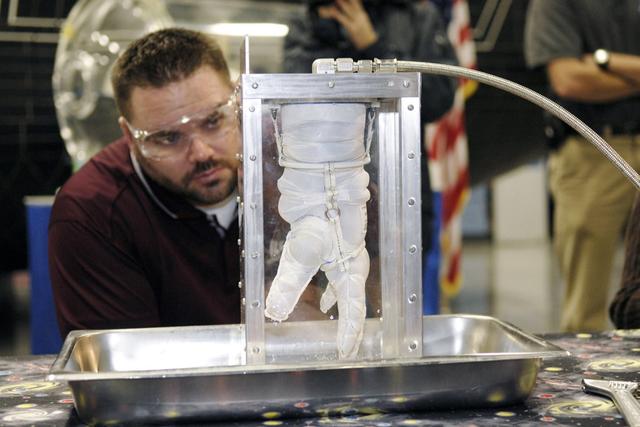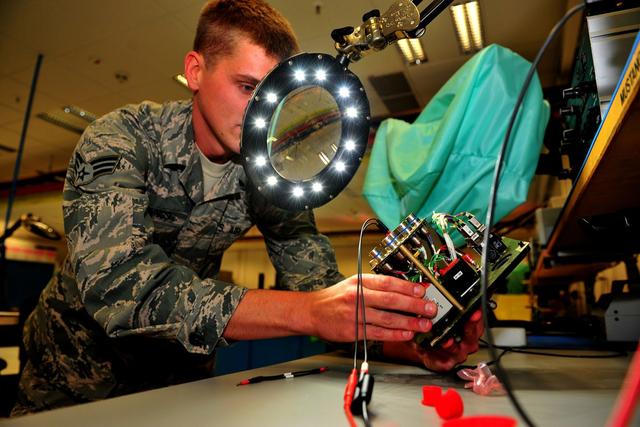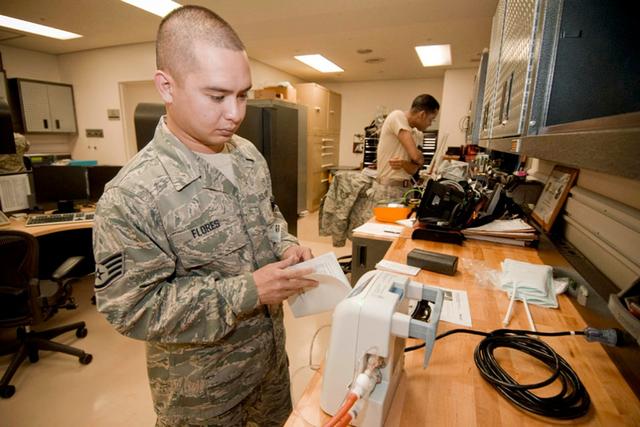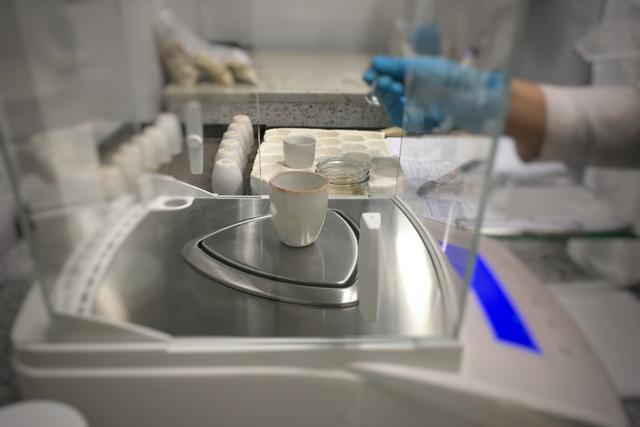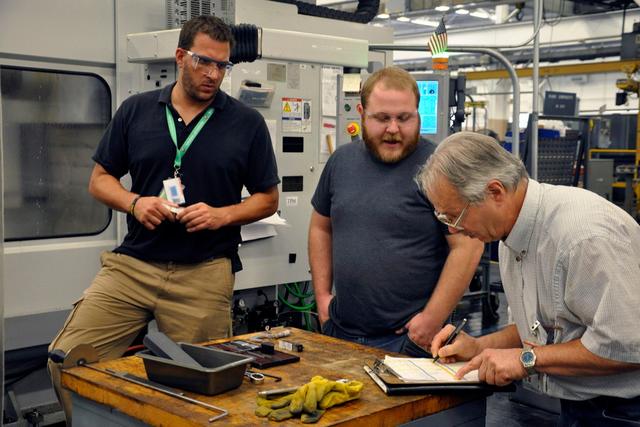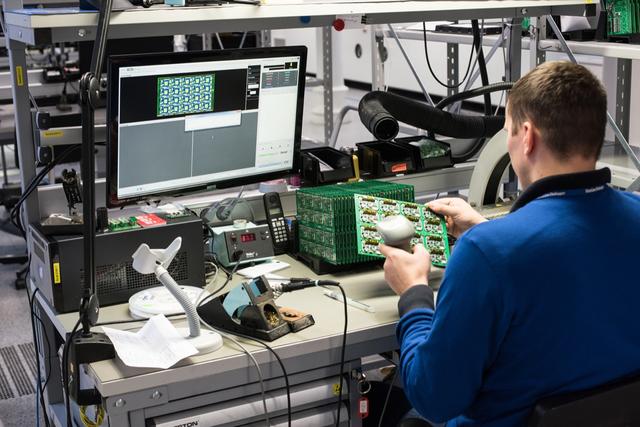Biomedical Engineers
Overview
Introduction
Biomedical engineers use their knowledge of science, mathematics, physics, and engineering (e.g., mechanical, chemical, electrical, industrial) to design and create medical equipment, devices, artificial organs, software, and medical information systems. There are approximately 19,700 biomedical engineers employed in the United States. Biomedical engineers may also be known as bioengineers.
Quick Facts
Median Salary
Employment Prospects
Minimum Education Level
Experience
Skills
Personality Traits
Earnings
Salaries for biomedical engineers are dependent on their education and experience, type of employer, and other factors. Biomedical engineers had a median yearly income of $100,730 in May 2023, according to the U.S. Department of Labor. At the low end of the pay scale, 10 percent earned less than $68,100 per year, and at the high end, 10 percent earned more than $154,350 annually. Fifty percent ...
Work Environment
Biomedical engineers who teach in a university will have regular student contact in the classroom, the laboratory, and the office. They also will be expected to serve on relevant committees while continuing their teaching, research, and writing responsibilities. As competition for teaching positions increases, the requirement that professors publish papers will increase. Professors usually are ...
Outlook
There will be good demand for skilled biomedical engineers in the future. Prospects look particularly strong in the health care industry, which will continue to grow rapidly, primarily because people are living longer and require better medical devices and equipment. The U.S. Department of Labor predicts that employment for biomedical engineers will increase by 5 percent from 2022 through 2032....


